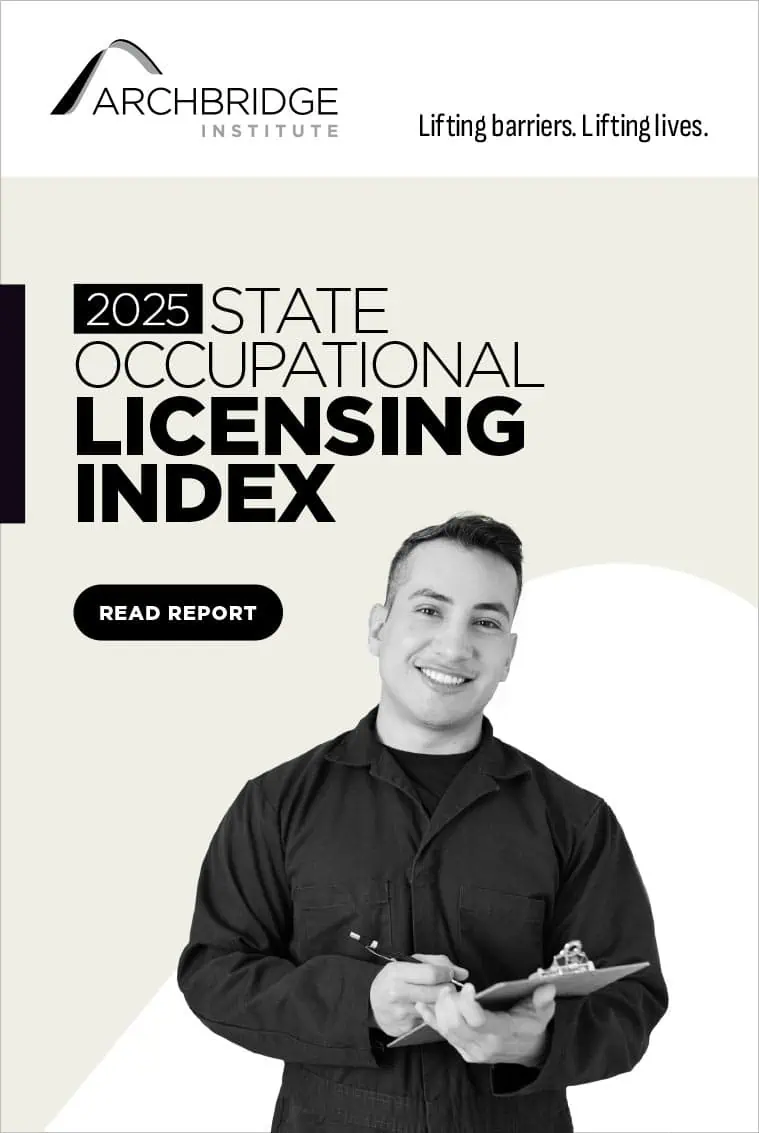
Key Findings
- A key structural issue affecting inequality and social mobility is the skills gap. Skills are multiple in nature and can be shaped by families and other influences, not only schools.
- Families are the primary producers of skills and policy makers should institute policies aiming to support families in engaging and nurturing their children. Additionally, more informed and motivated parents foster better schools by sending children to them who are qualified, motivated to learn, and who have already been taught basic skills.
- This paper distinguishes between skills and education, highlighting the potential for high-quality, early childhood education programs to bridge the skills gap.
- Although this was not always true, the current gaps associated with race and ethnicity are largely skills-based.
James J. Heckman, PhD, is a senior fellow at the Archbridge Institute and director of the Center for the Economics of Human Development at the University of Chicago. He holds appointments at the University of Chicago’s Department of Economics and Harris School of Public Policy. In 2000, he received the Nobel Prize in Economic Sciences for his development of theory and methods used in the analysis of individual and household behavior. Dr. Heckman received his Ph.D. in economics from Princeton University. He is currently co-editor of the Journal of Political Economy, and he has pushed over 300 articles and nine books.





